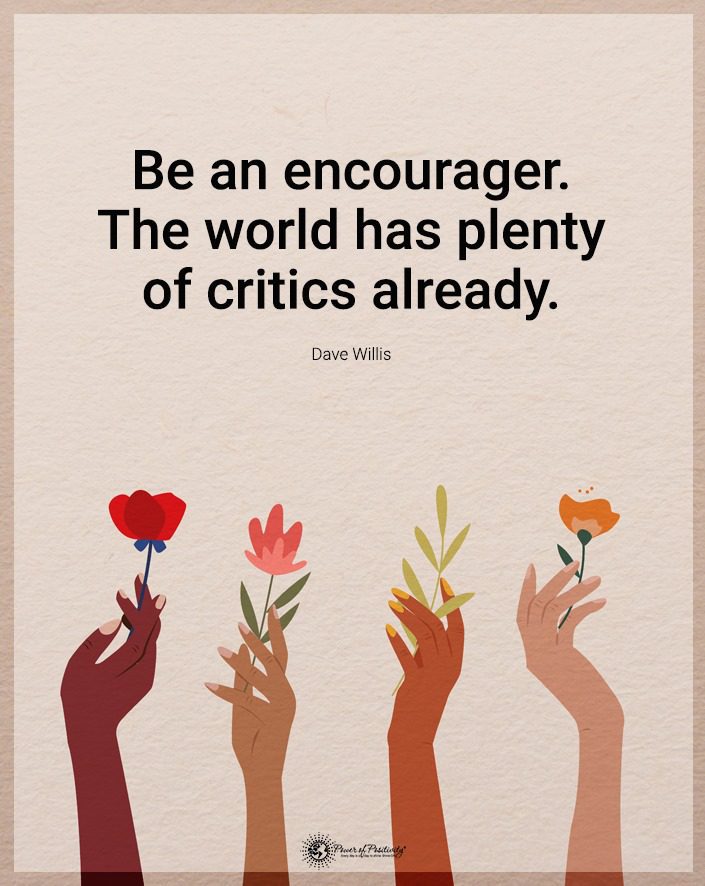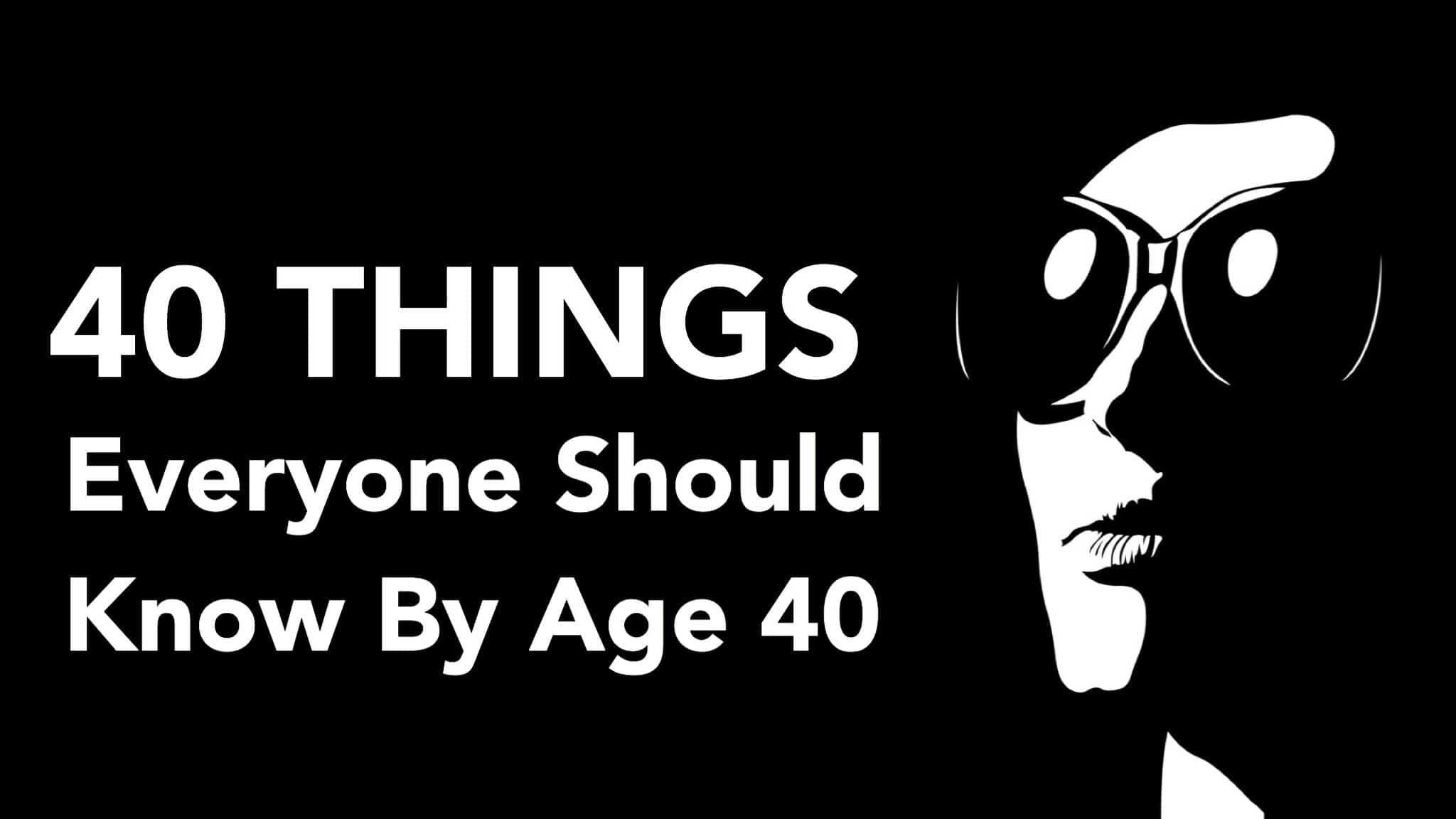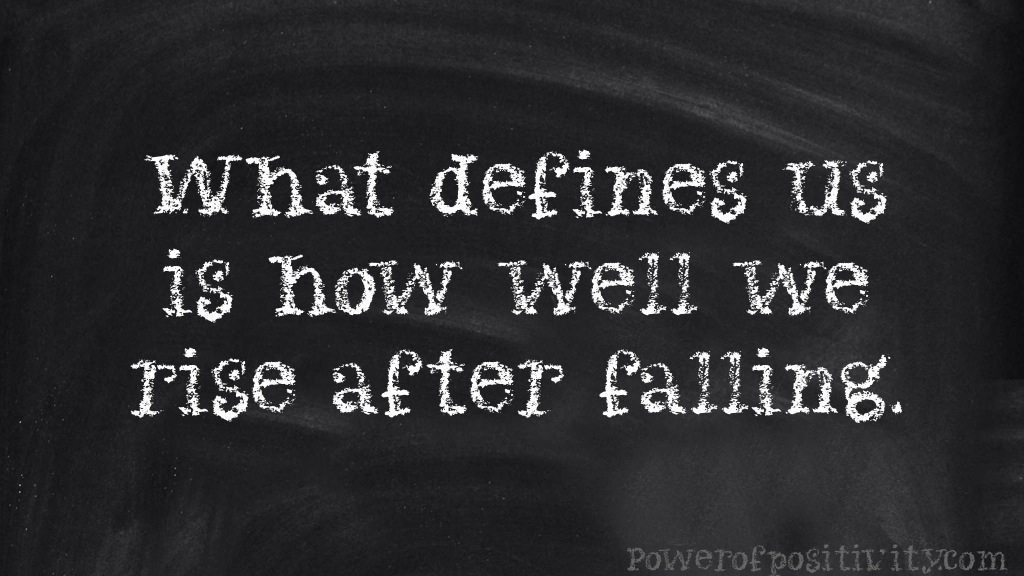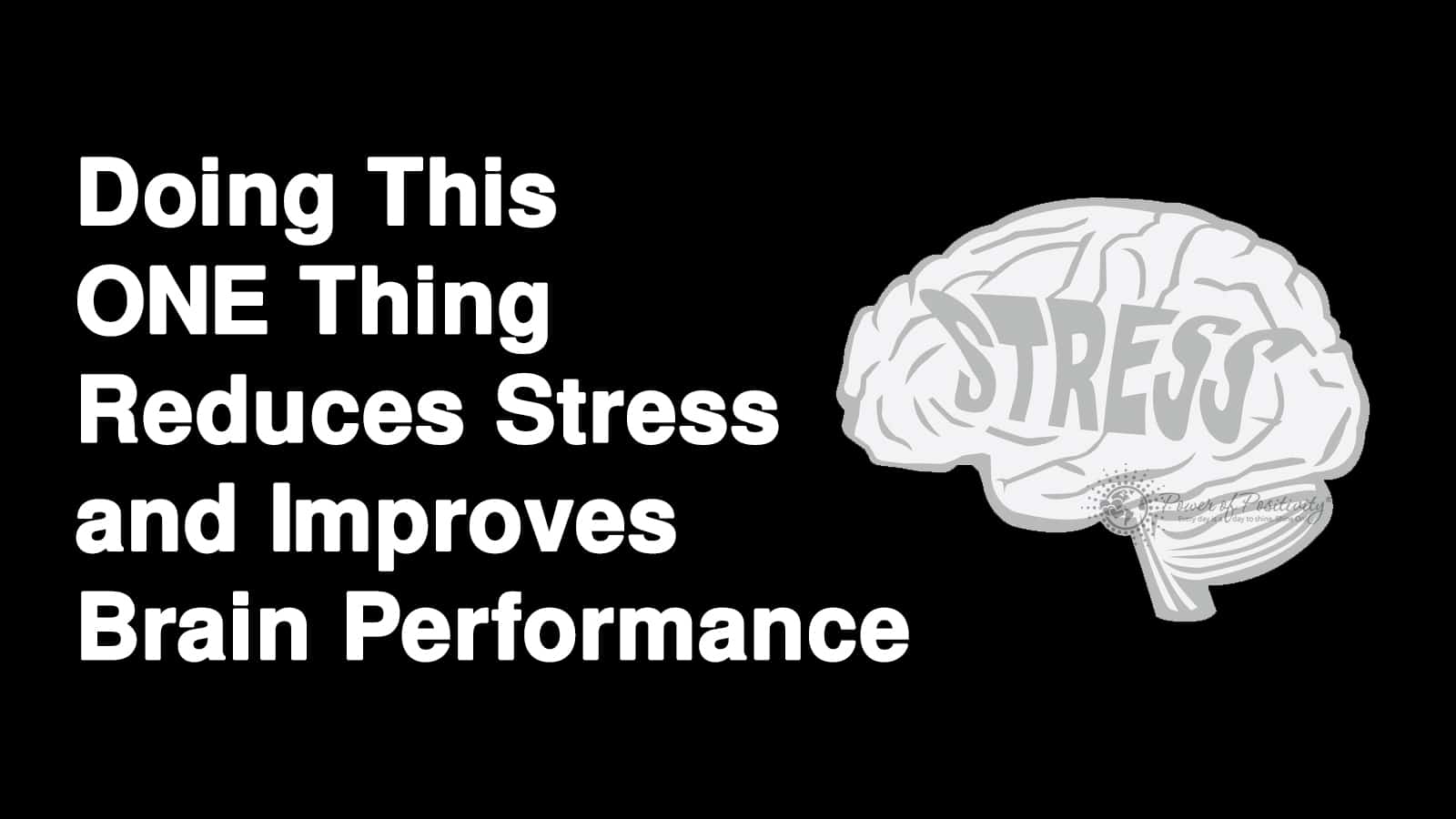The dating scene is tough to navigate. It’s especially difficult when you have to try to read someone and figure out whether a man likes you. Or not. The fact that many people can be cripplingly shy about their attraction definitely doesn’t help matters!
Luckily, no matter how cautious someone is, they’re sure to let slip a few tell-tale signs that indicate their interest. Though they can differ from person to person, for the most part, they’re pretty reliable!
NOTE: We acknowledge that the inverse of this concept is also true, that women reveal their feelings by specific behaviors. Because female behavior differs, we covered that topic separately.
Here Are 10 Signs A Man Likes You But Is Afraid To Say It.
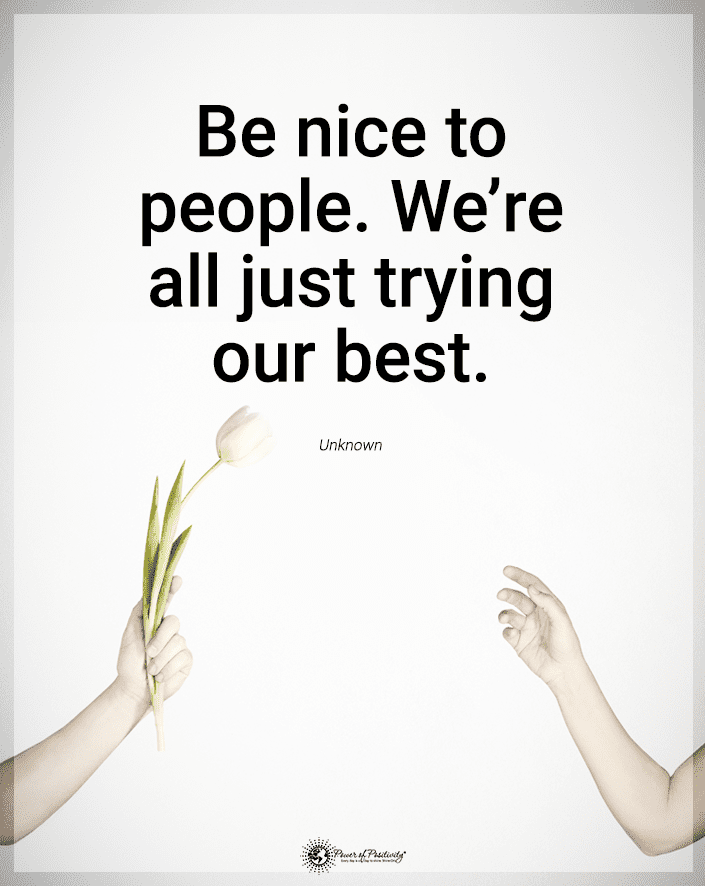
1. He Jokes About Liking You
It’s not unusual for someone to fear rejection. In fact, it’s very natural. As such, a man who is afraid you aren’t interested and will turn him down may try to test the waters and gauge your reaction to a suggestion that he might like you. He may do this by making jokes about:
- Having a crush on you
- Going out on a date with you
- Calling you his girlfriend or boyfriend
- Doing something romantic together
The reason he may tell these jokes is so that if your reaction to them is not positive, he can just laugh it off and play it like a harmless, innocent joke, avoiding awkwardness and saving face.
Depending on whether you want this guy to like you or not, tailor your reactions to be clear and concise so he understands them. React negatively if you’re not interested, and positively if you are. Usually, all you have to do in this scenario if you want him to ask you out is to just react well, and after a few of these jokes, he’ll make the leap and say them for real.
2. His Body Language Suggests Interest
Body language speaks much louder than verbal language in many cases. That’s why communication, on the whole, is just as much about nonverbal language as it is about the words you say.
There are a number of ways that body language can be one of the biggest signs a man likes you. To begin with, pupil dilation is a very quick and easy way to see if someone likes you, or at least likes your appearance. Pupils dilate when they see something pleasing, after all.
But you can’t go staring into someone’s eyes, squinting to try and catch minute dilation! As such, here are a bunch of other body language signs that you can take note of, such as:
- An open facial expression (parted lips, slightly flared nostrils, slightly raised eyebrows)
- Touching his face while looking at you
- Open arms, not crossed
- Facing you with his whole body
- Leaning in towards you
- Fidgeting with hair
- A quick eyebrow raise and lower
- Smoothing clothing
- Playing with buttons
- Fiddling or pulling socks
- Spread legs when seated and facing you
- Standing with legs at hip-width apart, hands on hips
- Sitting on the edge of a seat
- Standing straight, chest puffed, shoulders back
- “Accidental” light touching
- Doing big or loud motions to attract your attention
3. He Appears Jealous, Even Though He Hides It
When you like someone and they don’t know about it, it’s easy to get jealous when other people interact with them. The same is true for most men. As such, if you speak to other people who suit your sexual orientation, flirt with them, or spend time with them, you might notice that the man you’re wondering about gets agitated or angry.
Of course, if this man is a good person, they’ll likely not admit their jealousy and won’t let it get out of hand. Jealousy, after all, is not a very positive emotion and can be toxic. But you might still be able to notice his gritted teeth and demeanor changes when he sees you with someone else.
4. His Friends Know Who You Are
If you hang out with this guy and his friends and they all seem to know about you, then it’s pretty easy to figure out that the man in question has been talking about you to his buddies. This means he’s likely talked about you, his interest in you, or shared some of his thoughts or feelings about you with them.
Think about it – when you’ve got a crush, don’t you tell your close friends, too? Men do the same, and even shy guys are likely to share their attraction to you with those they trust.
5. You Catch Him Staring
A man infatuated can’t help looking at the person he’s into. He wants to watch everything they do and admires their subtle actions and movements easily. So if you continually catch a man staring, even just quick, subtle glances, there’s a good chance that he’s into you.
Usually, when you meet the eyes of a man staring at you, he’ll quickly avert his gaze and pretend he wasn’t even looking. This is because he’s frightened of being caught, and isn’t ready to reveal his feelings for you yet. He’ll pretend to be busy, quickly glance at his phone or out the window, and basically look like someone putting on a very unconvincing act!
But, if a man lets you see that he’s staring at you, he’s already flirting with you! At that point, it’s on you to either encourage or discourage the interactions to achieve the end-goal you desire.
It’s difficult not to notice when someone’s eyes are tracking you. The human brain is actually capable of feeling an odd sensation when someone’s gaze won’t leave us, alerting us of what’s going on. Use this positive sixth-sense of sorts to determine whether that guy is watching you!
6. He Acts Anxious or Nervous
If someone is usually confident and smooth but acts nervously around you, then it’s a sign that they feel something special for you. If he’s usually relaxed and laid-back but becomes high-strung and fidgety whenever you’re around, that’s a pretty good indicator that he likes you!
How can you tell if someone is nervous? Here are some common nervous behaviors that he may exhibit:
- A cracking, dry voice
- Lots of throat-clearing
- Fidgeting with any nearby object
- Forgetting information
- Blushing
- Pacing around or swaying from side to side
- Shrinking away or “escaping” the situation
- Freezing up
7. He Gives You Mild Compliments
When someone gives you big compliments, they are being open and honest, and likely aren’t trying to hide anything. They aren’t worried about coming on too strong because they might not be coming onto you at all.
But when a man gives you very small, subtle compliments, it’s often because they’re being extra careful. They’re afraid to tell you that they like you and therefore give you “safe” compliments that won’t result in awkwardness or embarrassment if you turn them down. Examples include:
- You look nice.
- You’re a really good listener.
- That’s a nice shirt/skirt/dress.
- You did well on that project.
- It’s fun hanging out with you!
- You’re pretty cool.
- You’re really good at (insert hobby or talent).
- I like what you’ve done with your hair.
8. He Smiles A Lot Around You
When a man feels good around you, he’s more likely to fall for you. Of course, feeling good also means you’re more likely to be in a good mood. So, if a man is feeling warm and fuzzy inside, they’re sure to let it show on their face through generous smiles. It’s a totally natural and positive reaction!
Of course, do note that smiling doesn’t always refer to happiness – but you can’t deny that someone ecstatic to see you will be grinning from ear to ear! Often, a man who likes you but is afraid to say it will try to dampen his smile or make it less evident so his feelings aren’t found out.
As such, it’s important that you pay attention to how the smiling occurs. Does this guy smile all the time? Is he usually serious, but now has a bit of a grin? Does he look like he’s trying not to smile too much? Take note!
9. He Somehow Always Manages To Spend Some Time With You
Someone who likes you is going to want to spend time with you. That’s just how it works. After all, being with that person makes you feel good, so it’s only natural to want to increase those feelings.
Of course, we’re not talking about stalking or predatory behavior. We’re referring to the ways that someone will try to see you as often as he can!
If a man likes you but is afraid of showing it, he will find any and every excuse possible to hang out with you. He just happens to be around you a lot, or chooses or be in close quarters with you. He might:
- Decided to attend an event because he knows you’re going
- Join your table during meals
- Seem to have something to say to you often
- Stop by your table/desk/place of work often, even if it’s just for a few minutes
- Give you his full attention whenever he is around you
- “Bump into you” fairly often
10. You’re Just Pretty Sure That He Likes You
Sometimes your gut instinct screams that he’s into you. You just feel it and can’t help thinking you’re right. There’s a spark, and you’re sure of it.
Of course, you have to be careful. Ensure it’s not just your wishful or positive thinking going into overdrive. Try to be objective and rational, putting aside your own emotions to consider the possibility.
If you have a crush on him, be extra careful about not reading too much into things. Take the evidence you’ve seen and consider it before making a move. You don’t want to wind up in an awkward situation!
No matter how much you like this guy, try to be rational and objective about the evidence. Don’t read into something that isn’t truly there just because you like him. In the long run, this will only cause you more pain.
Final Thoughts On Some Signs A Man Likes You, But Is Afraid To Say It
When someone tries hiding their feelings, it can be tough to decipher them and figure out whether or not they’re into you. One or two of these 10 signs a man likes you on very rare occasions may not indicate a serious crush, but several of them exhibited often certainly point to that!
What is there to do next? Well, if you aren’t interested, make it clear. But if you are, then why not make the first move? Waiting it out is a fine option, but it’s definitely a slow one, and sometimes you have to learn to take a leap of faith. So get your positive thinking going and just go for it!


